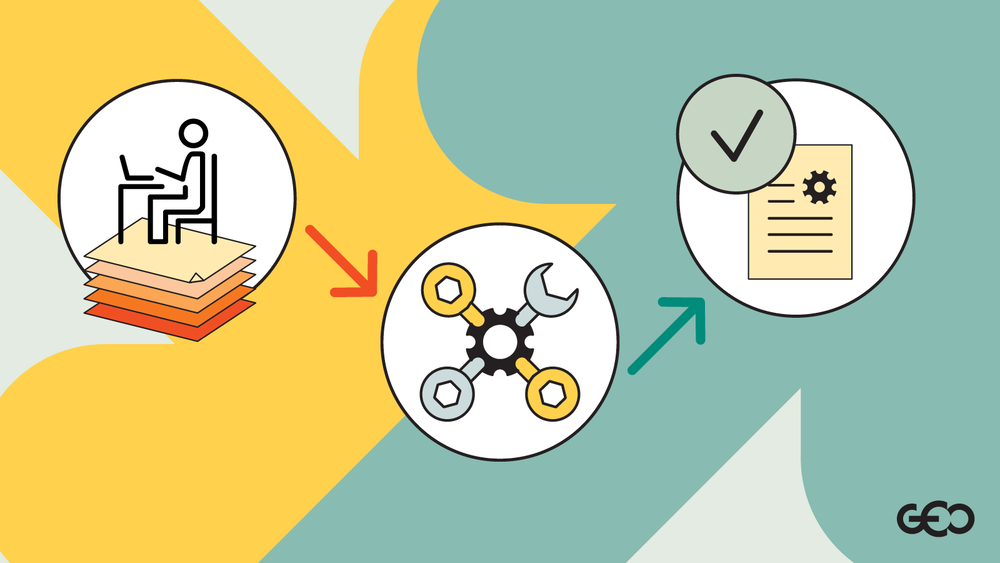Enhance your Earth Observation project with the GEO Data Management Self-Assessment Tool

Creating a robust Data Management Plan (DMP) is critical for most Earth Observation projects, yet it is often treated as a formality.
Recognising the importance of effective data management, global Earth observation practitioners have embraced principles like GEO’s Data Management Principles and the FAIR Principles.
But the challenge remains: How do you craft a comprehensive data management plan and ensure compliance with these principles?
That's where the GEO Data Management Self-Assessment Tool comes in.
A brief history of data management principles
Since publication in 2015, GEO has encouraged the use of the GEO Data Management Principles and accompanying guidelines.
These principles apply to the entire data management lifecycle and complement the FAIR Principles, which highlight the need for machine-actionable data, enabling computational systems to efficiently find, access, interoperate with, and reuse data with minimal human intervention.
In 2017, 37 pilot applications were developed as part of EuroGEO’s e-shape project across seven thematic areas, aligned with GEO’s priorities.
These pilots were mandated to implement the FAIR Principles and formulate data management plans. They also had to adhere to the GEO Data Management Principles. Early efforts to map these principles revealed significant overlaps.
The Self-Assessment Tool: A catalyst for compliance
To facilitate compliance with these principles and streamline the creation of consistent Data Management Plans, the Data Management Plan Self-Assessment Tool was developed as part of the e-shape.
This tool was used successfully in each of the 37 pilot applications. Endorsed by the GEO Secretariat, this tool is now findable and accessible for all through the GEO Knowledge Hub, marking a significant milestone in data management support for Earth observation practitioners.
Key benefits
The self-assessment tool can support the efforts of Earth observation professionals in three key ways:
- Regulatory context: National and international funding agencies, like the European Commission, require data management plans. This tool generates automated, customisable data management plans, ensuring compliance with funding requirements..
- Internal brainstorming: The tool enhances team knowledge of internal processes, services, and applications related to data sharing principles, ensuring alignment with international interoperability standards.
- Educational support: The tool helps educate young professionals, including students and researchers, on open data, open knowledge practices, and EO data sharing and management principles.
What’s next?
To further support the GEO community, GEO’s Data and Knowledge Working Group is now developing a machine-actionable GEO model for data management plans. This model will guide users through drafting and implementing data or software management plans to further streamline the data management processes.
For more information, visit the GEO Knowledge Hub to find out how the Data Management Self-Assessment Tool can be integrated into your Earth observation projects,
Or, visit the Data and Knowledge Working group page to learn more about the broader scope of this work and find out about success stories.